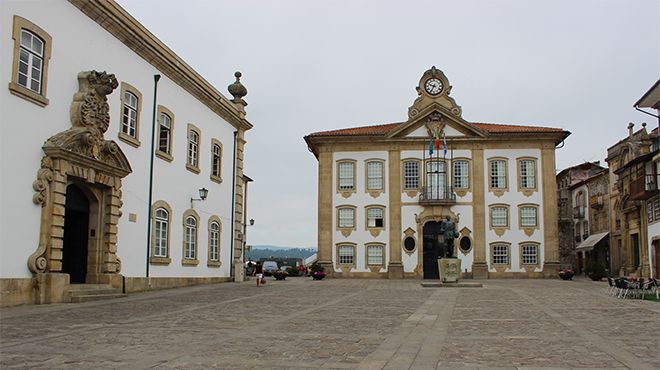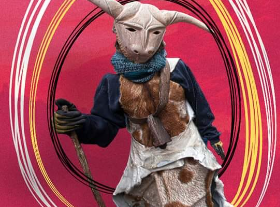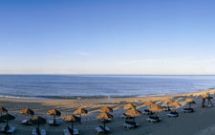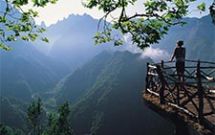Chaves

Chaves
Towns and Villages
During the time of its occupation by the Romans, the city of Chaves was known by the name of "Aquae Flaviae", given to it by the Emperor Titus Flavius Vespasianus (Vespasian), who recognised the excellent quality of the thermal springs located here. The healing properties of these waters, the warmest in Europe with a temperature of roughly 73º C at their source, are still greatly appreciated and the spa is an extremely popular one.
Standing on the banks of the River Tâmega and close to the border with Spain, Chaves has always been very important from the military and strategic point of view. The city heroically withstood annexation by Castile in the sixteenth century, and later, in the nineteenth century, it was here that the invading Napoleonic troops suffered their first defeat on Portuguese soil. Remaining as a testimony to the city´s defensive importance are the castle and its keep, as well as the mediaeval quarter contained within the city walls.
Chaves is also famous for its richly varied cuisine, and particularly for its sausages and smoked ham.
Standing on the banks of the River Tâmega and close to the border with Spain, Chaves has always been very important from the military and strategic point of view. The city heroically withstood annexation by Castile in the sixteenth century, and later, in the nineteenth century, it was here that the invading Napoleonic troops suffered their first defeat on Portuguese soil. Remaining as a testimony to the city´s defensive importance are the castle and its keep, as well as the mediaeval quarter contained within the city walls.
Chaves is also famous for its richly varied cuisine, and particularly for its sausages and smoked ham.




 Explore
Explore 
 Remember and Share
Remember and Share 


